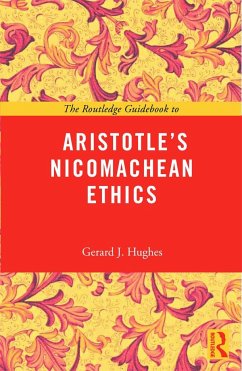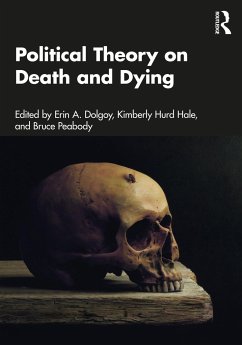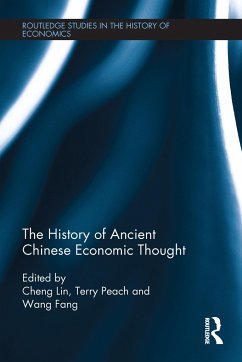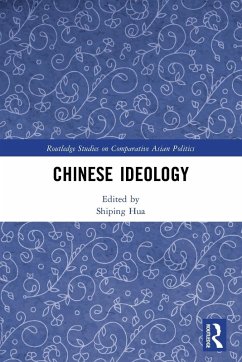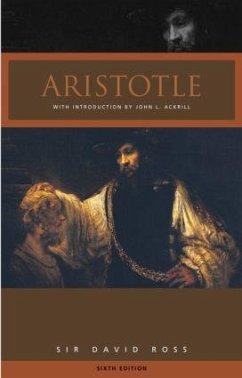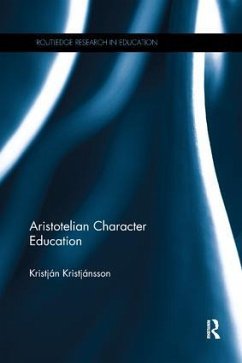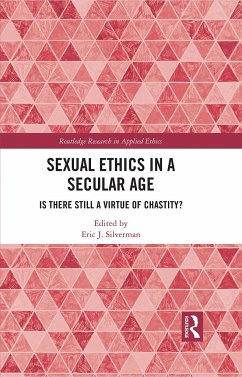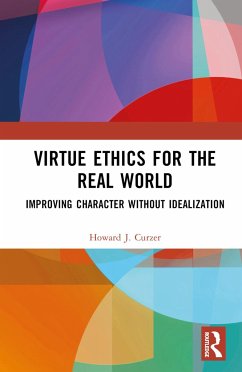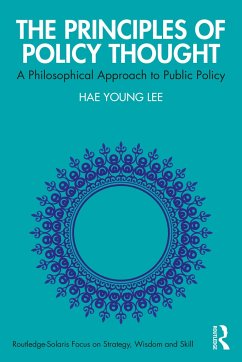
The Ethics of Becoming a Good Teacher
In Conversation with Aristotle and Confucius
Versandkostenfrei!
Versandfertig in 6-10 Tagen
154,99 €
inkl. MwSt.
Weitere Ausgaben:

PAYBACK Punkte
77 °P sammeln!
This book explores Aristotelian and Confucian wisdom traditions to understand education and what counts as a good teacher in an embodied dialogic approach. The book creates a dialogue between ancient ideas and the author's lived experiences as a teacher in cross-cultural landscapes today to ruminate on the important themes of educational purpose, teacher excellence, teacher-student relationships, and teaching skill. It asks fundamental educational questions including "Why Do We Educate? Eudaimonia and Dao"; "What Do We Educate? Phronesis, Philia and Ren"; and "How Do We Educate? Techne and Liu...
This book explores Aristotelian and Confucian wisdom traditions to understand education and what counts as a good teacher in an embodied dialogic approach. The book creates a dialogue between ancient ideas and the author's lived experiences as a teacher in cross-cultural landscapes today to ruminate on the important themes of educational purpose, teacher excellence, teacher-student relationships, and teaching skill. It asks fundamental educational questions including "Why Do We Educate? Eudaimonia and Dao"; "What Do We Educate? Phronesis, Philia and Ren"; and "How Do We Educate? Techne and Liuyi". Moving beyond the dominant epistemological concerns such as how to teach more effectively to help students gain better marks in schools, it constitutes an ethical inquiry that illuminates the values, purposes, concerns, and hopes that animate genuinely educational work. Using a comparative approach to wisdom traditions from both the East and the West, it addresses parochialism and challenges Eurocentric research paradigms. Embedded in the messy ground of teaching in intergenerational and cross-cultural narratives, the author's own experiences as a student/teacher/daughter of a teacher/mother of a student crucially unpacks and concretizes ancient concepts and reactivates them in concrete situations. A sense of a whole without completeness, a conception of the good without closure, and an aspiration without achievement continue to haunt the search for an ultimate answer to the question "what counts as a good teacher?". It will appeal to scholars, teachers, and teacher educators with an interest in narrative inquiry and educational research, as well as those in the field of curriculum studies and the philosophy of education.




